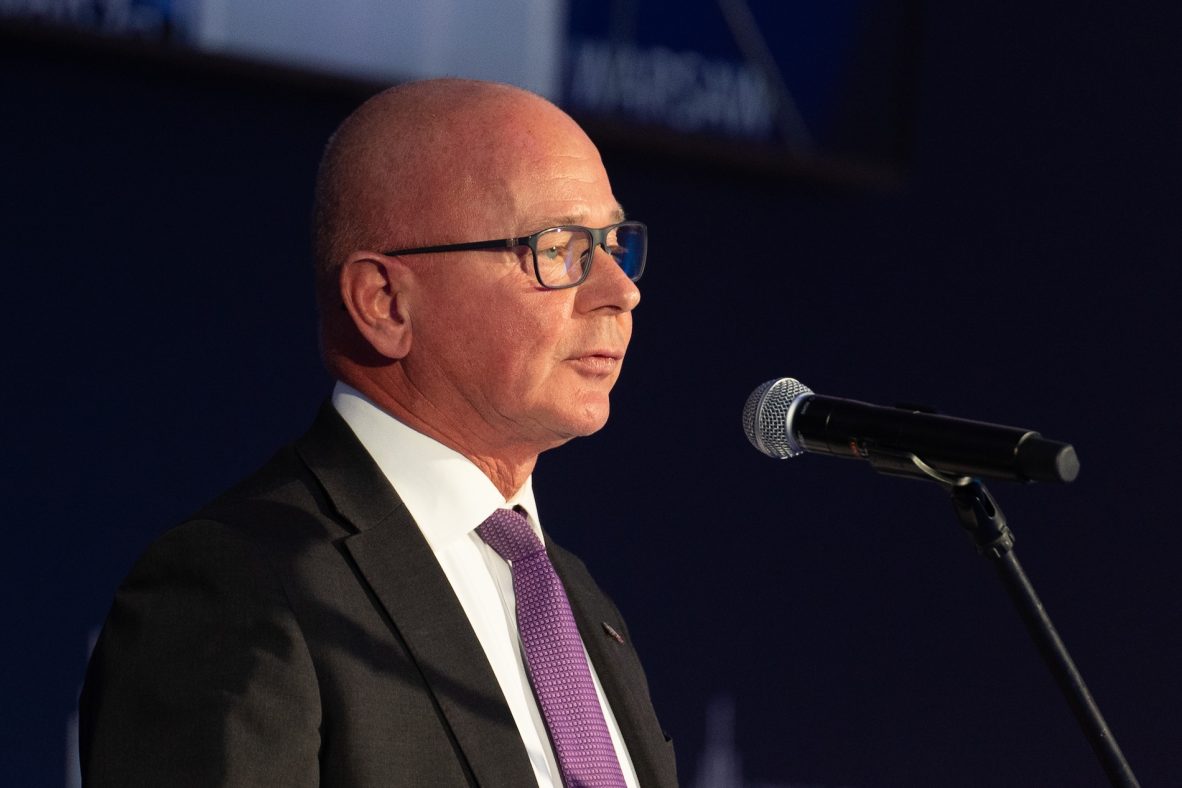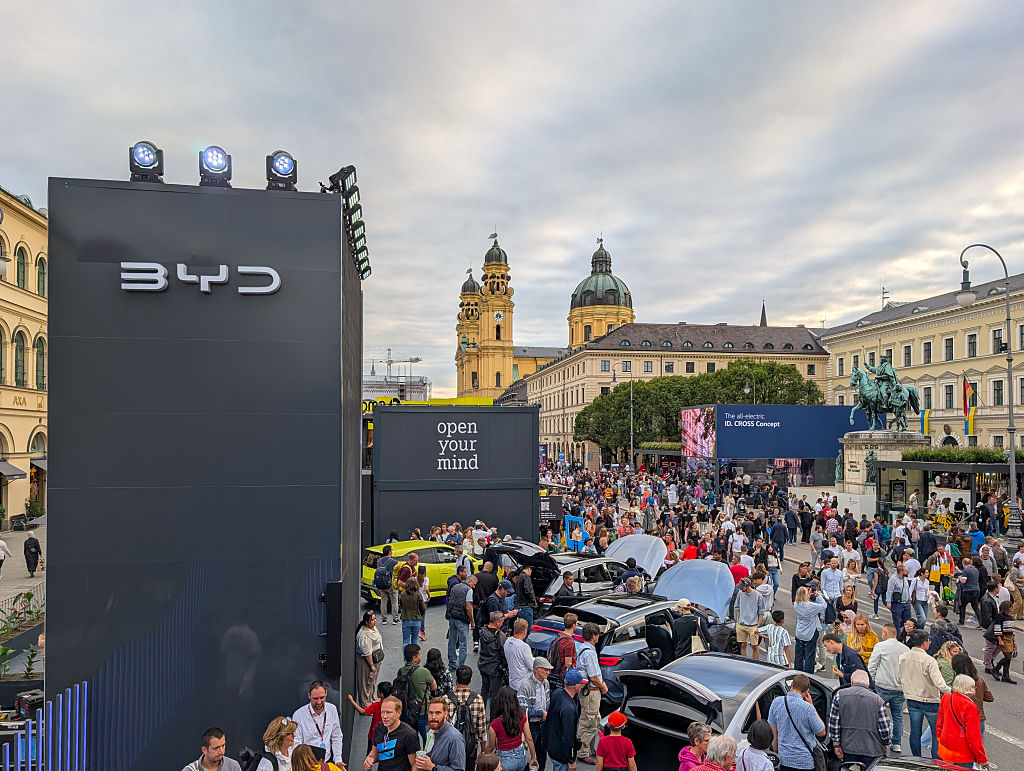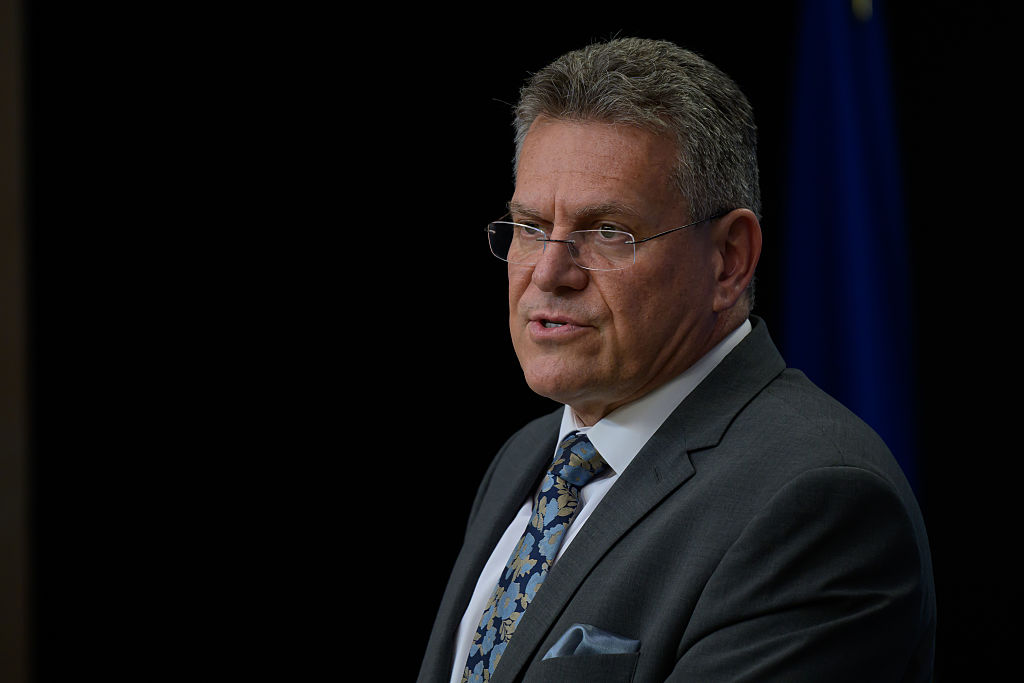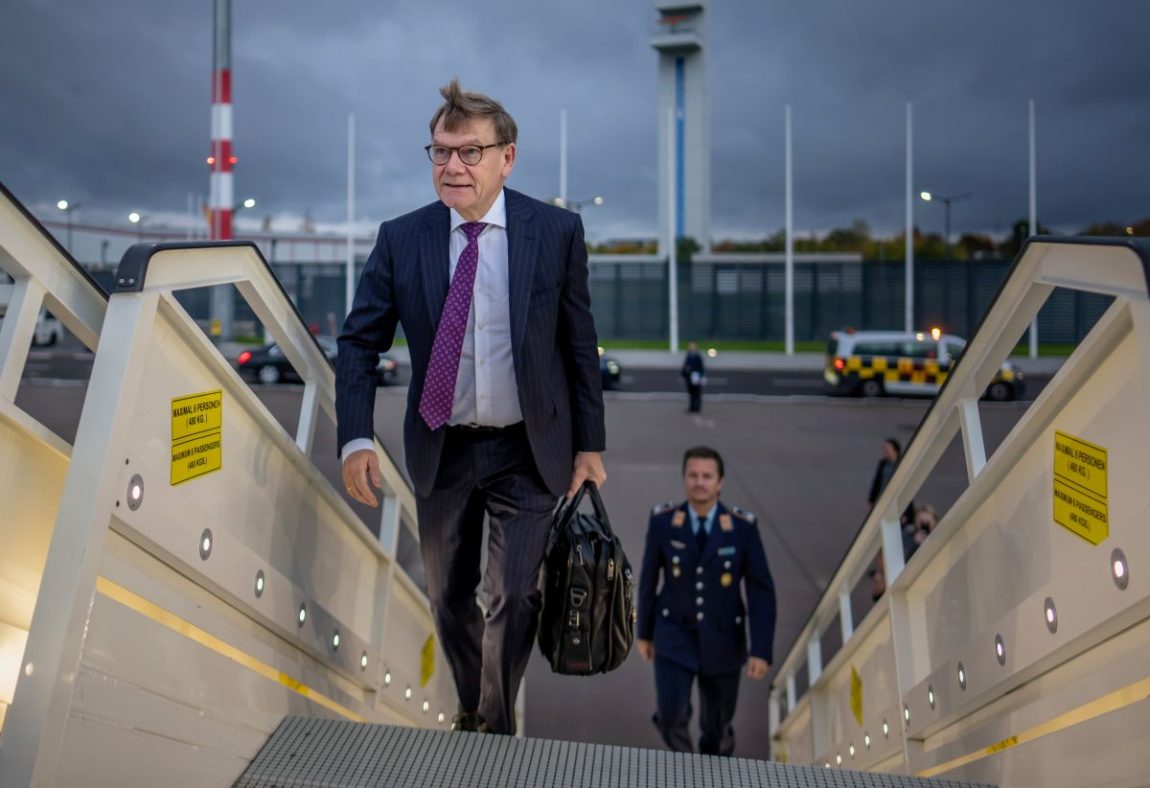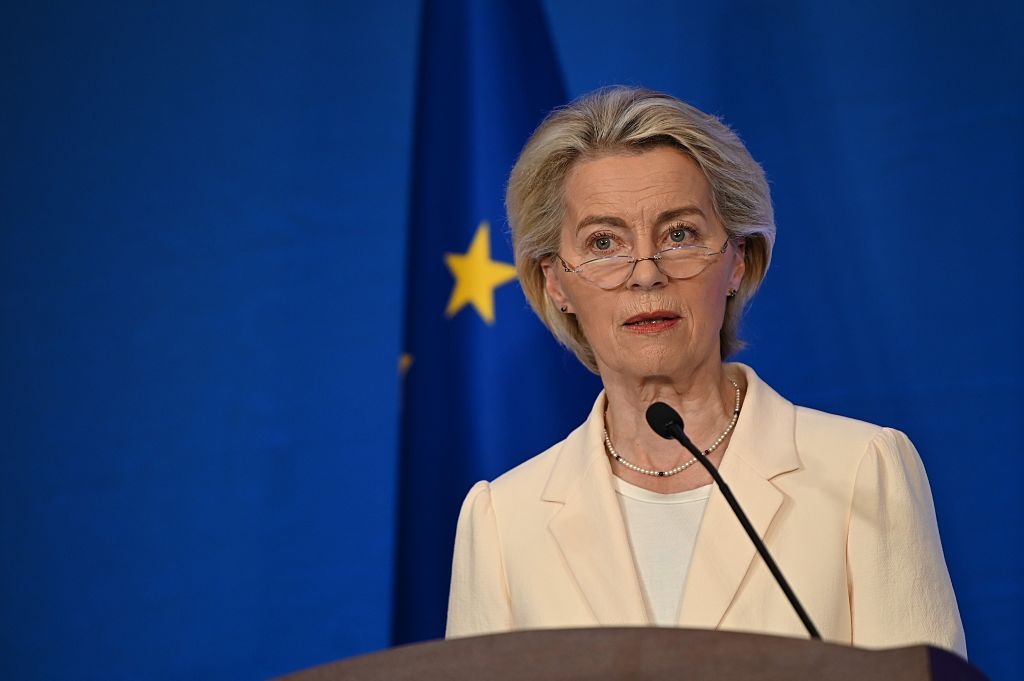EU and Chinese trade chiefs to seek 'urgent solutions' to rare earth restrictions
“This situation casts a shadow over our relationship," said EU Trade Commissioner Maroš Šefčovič. "Therefore, prompt resolution is essential.”
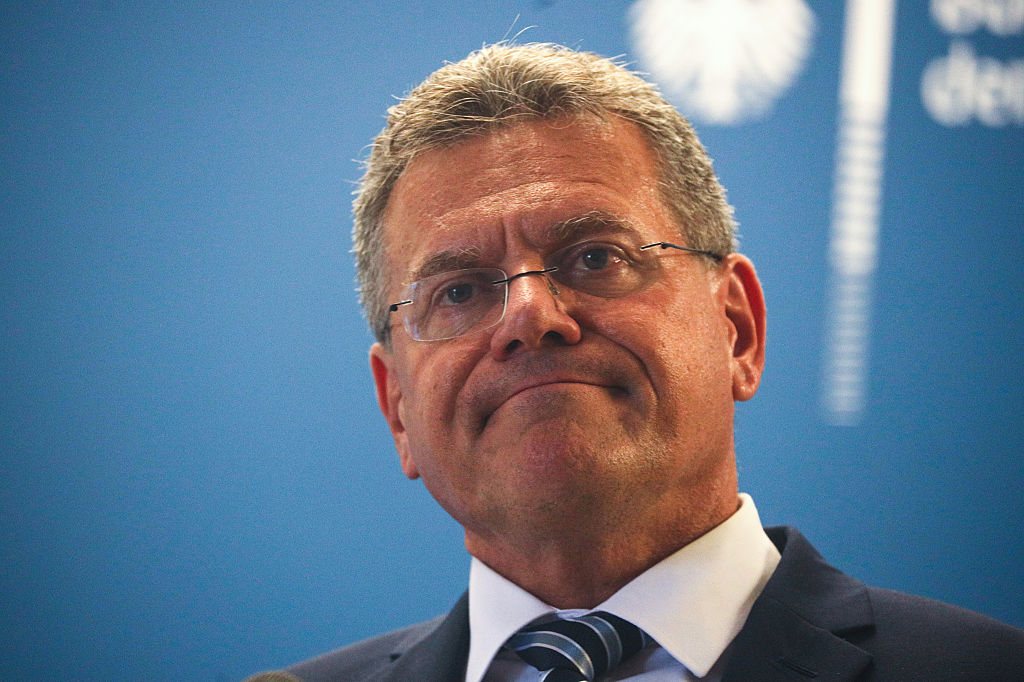
China’s Minister of Commerce will fly to Brussels “in the coming days” to discuss Beijing’s punishing export restrictions on rare earths, the EU’s trade chief said on Tuesday.
Maroš Šefčovič told reporters in Strasbourg that his Chinese counterpart, Wang Wentao, had accepted his invitation after a “constructive” two-hour video call on Beijing’s controls, which have alarmed EU policymakers and businesses.
China accounts for roughly 70% of global rare earth mining and 90% of processing. This gives Beijing an effective chokehold over the world’s supply of the metals, which are used to produce a wide range of advanced technologies, including electric vehicles and fighter jets.
“I invited the Chinese authorities to come to Brussels in the coming days to find urgent solutions,” Šefčovič said, adding that Wang had agreed to visit.
“I believe that after this morning’s conversation, we have no interest in escalation,” the veteran commissioner said. “However, this situation casts a shadow over our relationship. Therefore, prompt resolution is essential.”
The meeting will take place under the auspices of the “upgraded supply chain mechanism” agreed during the EU-China summit in Beijing in July to address critical mineral “bottlenecks”, Šefčovič said.
“We agreed to intensify contacts at all levels,” he added.
What Beijing says
A Chinese commerce ministry readout of Tuesday’s call also said both sides had agreed to meet in Brussels “as soon as possible” to discuss Beijing’s measures, but did not state that Wang specifically would attend.
Announced earlier this month, China’s measures go well beyond the swingeing restrictions it introduced in April this year which already forced some European industries to shutter production.
Under the new export regime, products that contain even trace amounts of Chinese rare earths will require special licenses from Beijing before they can be exported. Use of the metals for military technologies, meanwhile, will “in principle” be banned.
In the Chinese readout, Beijing claimed that the new restrictions “are a normal step in improving its export control system in accordance with laws and regulations” and demonstrate “China’s responsibility as a major country in maintaining world peace and stability”.
The readout also mentioned Beijing’s staunch opposition to the Dutch government’s recent seizure of auto chip manufacturer Nexperia from its Chinese parent company, Wingtech Technologies.
The move, which court filings reveal came after heavy pressure from US authorities, has enraged Beijing and led to the firm’s Chinese subsidiary, Nexperia China, telling its staff to ignore orders from its Dutch headquarters.
In a statement last week, Nexperia said Beijing had banned it from exporting finished products and subcomponents from China, where most of its chips are assembled. It has also informed its customers that it might not be able to fulfil orders.
The dispute over Nexperia, which supplies chips to leading auto firms such as BMW and Merdedes-Benz, has further compounded the woes of Europe’s car industry, which is already struggling to cope with Trump’s sweeping tariffs and fierce competition from Chinese electric vehicle manufacturers.
It has also further exacerbated tensions between Brussels and Beijing, which have long been strained over China’s growing trade surplus and its deepening political and economic links with Russia.
Šefčovič, however, said on Tuesday that he was “in frequent contact” with the Dutch and Chinese authorities over the Nexperia dispute and that he is “reassured by the intention expressed by both sides to de-escalate the situation”.
“I think that all of us… are fully aware that time is of the essence here,” he said.
(jp, cp)




